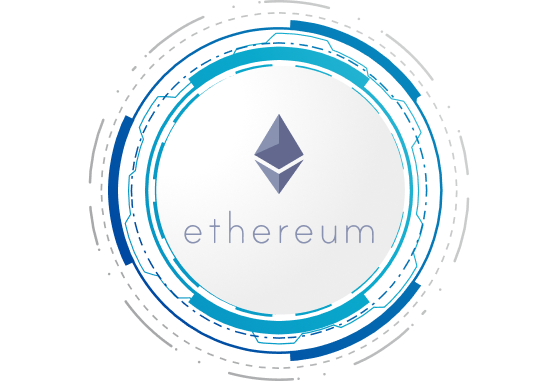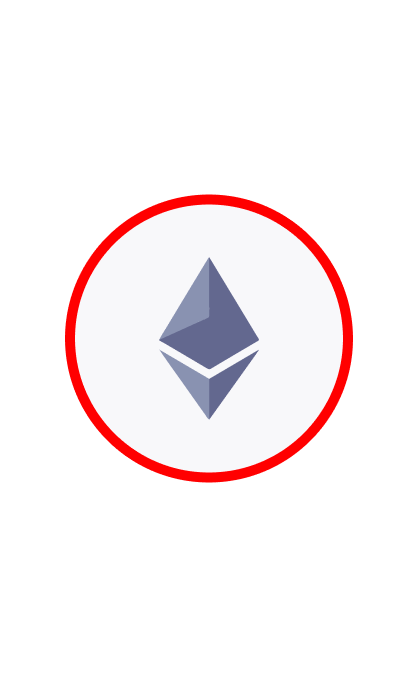

This website stores cookies on your computer. These cookies are used to collect information about how you interact with our website and allow us to remember you. We use this information in order to improve and customize your browsing experience and for analytics and metrics about our visitors both on this website and other media. To find out more about the cookies we use, check our Privacy Policy
Agree & Close


We believe, we are striding into the next phase of human evolution where technology negates the human miseries and we humans can work towards sustaining humanity. We constantly focus on innovations to make this future closer to us.
Explore this whitepaper on Generative AI in Banking and Financial Services. Discover its potential to transform business and improve billions of lives.
In this whitepaper, we will explore generative AI and identify business growth opportunities it offers. We aim to provide business owners with a comprehensive guide to using AI to unlock new opportunities and achieve sustainable growth. We will explore how generative AI can be used to analyze data and identify patterns, as well as how it can be used to generate new ideas and solutions.
This Whitepaper explores Web3, a decentralized web built on blockchain technology, and its potential benefits for businesses. The benefits of transparency, security, user control, and tokenization are highlighted in the paper. To better understand the technology, it refers to Web2 and Web2.5 as predecessors to Web3. Security, privacy, and regulatory concerns are all acknowledged risks. The paper also emphasizes Web3's potential to transform industries and encourages businesses to stay ahead of the curve and embrace the Internet's future.
This whitepaper will explore the essentials for launching a successful blockchain product. In the first section, we’ll explore how to choose the right blockchain for developing your DApp. In the second section, we’ll explore the essentials for DApp development, including the best practices, methodologies, common vulnerabilities, audit process, and tools. In the final section, we’ll explore the fundamentals of token economy design for your blockchain project.
Here's a step-by-step checklist to get your e-Learning project off the ground. This guide includes technical functionalities, a feature list, and more viable information for your project.
Do you intend to create an NFT marketplace? Do you want to learn how to build an NFT marketplace platform from the ground up? Here's a handy checklist to get you started. This document contains technical specifications, a feature list, and other useful information for your NFT project.
Ethereum provides utility and creates value in a broad array of industries. New solutions based on Ethereum are being developed to improve efficiency and trust. Are you still wondering which blockchain is apt for your project? No worries, we got it covered.

Consult our blockchain experts to learn how our blockchain development expertise help your business.
Learn MoreEthereum is a blockchain-based decentralised programme with smart contract capabilities. Ethereum’s blockchain allows smart contracts and apps to function without the risk of fraud, downtime, control, or third-party interference. The power of the Ethereum blockchain is its programmability. Ethereum is excellent for arbitrating transactional events in trade finance, supply networks, government registries, energy grids and many other areas. Talk to our blockchain experts to know about it’s application in your business.

It's a framework for creating solutions with a modular structure. It enables plug-and-play functionality for components like as the Ethereum Virtual Machine (EVM), Nonce, and storage roots. It makes use of container technology to offer enterprise- ready network security, scalability, and confidentiality. Consider the following basic components of a Ethereum blockchain network:

On the Ethereum blockchain, there are three different node types: light, full, and archive nodes, which are chosen based on the node runner's goals.

EVM is a computing engine that acts as a decentralized computer that can run millions of applications.

An Ethereum smart contract is simply a blockchain account that is programmed to do a certain action when a user delivers a transaction to that account.


The Ethereum algorithm uses ether as a reward for miners that utilize the proof-of-work technique to join blocks to the blockchain.

Nonce refers to the number of transactions made using an account that is not controlled or used by the user.

It is the main root node of a Merkle tree. Hash of all details of the account is stored here. The root of the Merkle tree is the verification of all transactions.
Ethereum platform enables developers to build powerful decentralized applications with built-in economic functions. See below the benefits of Ethereum protocol.

There are several open-source protocol layers that enable organisations to build on public or private Ethereum networks while ensuring compliance with all regulatory and security standards.

The Ethereum mainnet proves the viability of a network with hundreds of nodes and millions of users. Network size is critical for business partnerships that are certain to outgrow a few nodes.

A blockchain's consensus technique assures that the transaction record is tamper-proof and canonical. Ethereum has configurable consensus mechanisms such as RAFT and IBFT, that provide rapid transaction finality.

On Ethereum, you can tokenize any item that has been recorded in a digital format. By tokenizing assets, organisations can fractionalize formerly monolithic assets , expand their product range , and create new incentive structures.

Businesses may achieve privacy granularity on Ethereum by combining private partnerships with private transaction layers. Private information is encrypted and only those with a need to know are given access.

Ethereum has shown to be a trustworthy platform with a blockchain that has been operational for more than three years. The platform's applications perform exactly as they're supposed to, with no downtime, censorship, fraud, or third-party meddling.
We have curated few parameters for you to match with your Blockchain project development requirements, See if Ethereum is the right choice for your project.
Public
Private
Consortium
Anonymous
Speed
Avg Gas fee
Interoperable
Native token support
Yes
No
No
No
20 TPS
$15
Yes
Yes
Discover the essentials for blockchain DApp development, best practices, auditing, tokenomics model, and more.
Ethereum's immutability and transparency make it an ideal platform for products and applications that need to run on an open network. We have years of experience in blockchain development which will help you choose the right blockchain technology for your project. Please consult with our blockchain experts to know more about it's technical capabilities

Voting systems are adopting Ethereum, as we've seen with the DAO. Poll results are made public, providing a transparent and fair democratic process by removing vote irregularities.

Ethereum is becoming increasingly utilized in financial systems due of its decentralized nature, which makes it difficult for hackers to get illegal access.

Reinvent trade and trade finance with our network-convening expertise and the industry’s leading platform.

Build greater trust for all, and bring new transparency, simplicity and efficiency to every financial transaction.

Agreements may be kept and implemented without any changes using Ethereum smart contracts.

Ethereum's use in transportation aids cargo tracking and prevents commodities from being lost or counterfeited.
Here are answers to some questions about Ethereum that our clients frequently ask. Drop us a word if the answers to your concerns or doubts aren't listed here. We'll get to you within 24 hours.
Accubits has partnered with over 250 clients, including federal agencies and Fortune 500 companies worldwide, for blockchain development. Frost and Sullivan awarded us for leading blockchain development, and we base our claim on over 500+ digital solutions for cloud, mobile, and blockchain that we created. Get in touch with us today to know more about the projects we have worked on.
-Award-winning blockchain development company. (Frost and Sullivan award)
-More than 500 digital solutions for cloud, mobile, and blockchain have been developed.
-Collaboration with a handful of well-known blockchain platforms.
The cost to build a blockchain solution will depend on your requirements, level of expertise, and the number of developers needed. Contact us to get an estimate.
Some of the prominent projects on the Ethereum blockchain include
MakerDao: a peer-to-peer organization built on the Ethereum network to allow people to lend and borrow with cryptocurrencies.
Uniswap: a decentralized exchange created on Ethereum where automated transactions of cryptocurrencies occur.
Axie Infinity: an online role-playing game where users collect and grow digital, fictional characters called "Axies." The game uses Ethereum-based cryptocurrencies.
Start building your Ethereum platform by scheduling a consultation with our experts. We will discuss and analyze your needs and send detailed a plan for your platform,